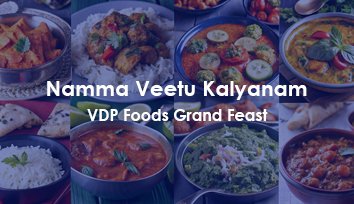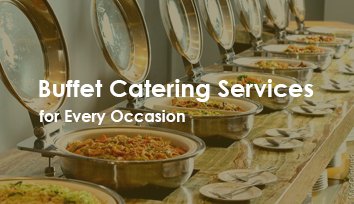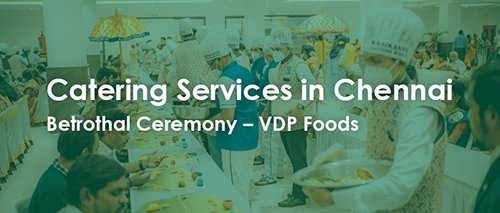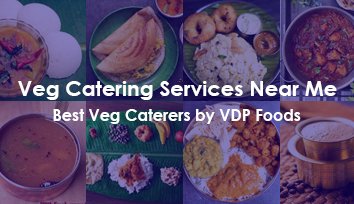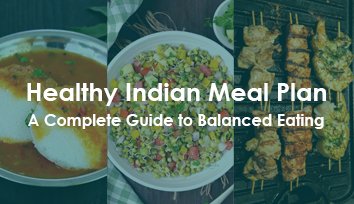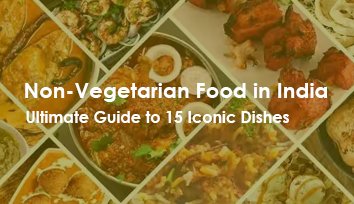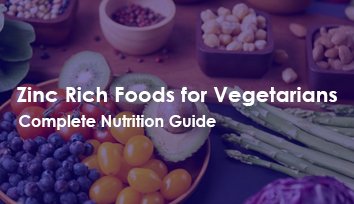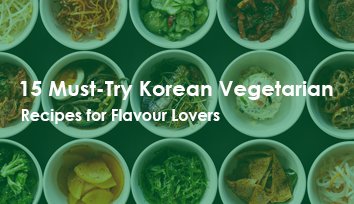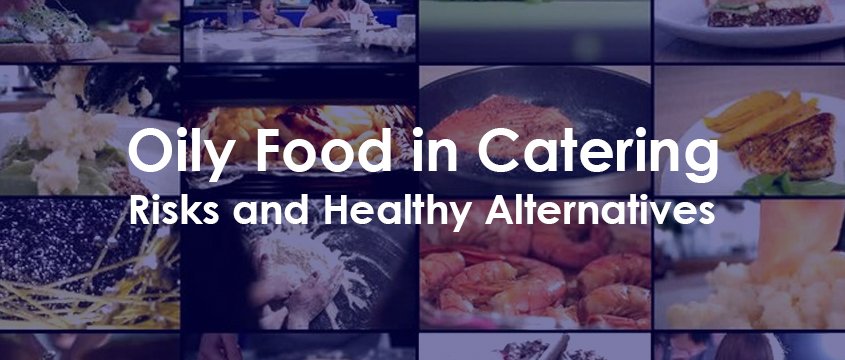
Introduction
Food is the heart of any event. Whether it’s a wedding, birthday, or corporate gathering, the dishes you serve leave a lasting impression. But there’s one common mistake many catering services make: serving too much oily food. While fried and greasy dishes may seem tasty in the short term, they often leave guests uncomfortable, dissatisfied, and even unhealthy.
At VDP Foods Catering Service, we believe in balancing taste with health. In this blog, we’ll explore the risks of oily food in catering and share healthy, delicious alternatives that make events memorable without compromising wellness.
What Do We Mean by Oily Food in Catering?
In the catering world, “oily food” refers to dishes that are either fried, cooked with excess oil, or prepared using low-quality oils for bulk production. While these foods may look tempting, they often compromise health and dining comfort.
Common Examples at Events
- Deep-fried starters such as samosas, pakoras, and cutlets
- Rich gravies with visible layers of floating oil
- Fried rice or noodles prepared with excess grease
- Use of cheap, low-quality oils in bulk cooking
- Reused cooking oil reduces nutritional value and taste

Why Caterers Choose Oily Dishes
The popularity of oily food is not accidental. Guests often perceive fried food as tastier, while caterers find it cost-effective to prepare in bulk. Additionally, oily dishes tend to last longer on buffet counters compared to lighter alternatives, which explains their frequent presence at events.
The Risks of Oily Food in Catering
Short-Term Discomfort for Guests
- Digestive unease, such as heaviness, gas, or acidity
- Tiredness and sluggishness soon after eating
- Difficulty enjoying the rest of the event due to discomfort
Long-Term Health Concerns
- Regular intake of oily food raises bad cholesterol
- Increased chances of lifestyle diseases like diabetes and hypertension
- Higher risk of weight gain and related complications
Impact on Event Experience
- Guests recall the discomfort more than the menu itself
- Overly greasy meals leave a poor impression of the event
- Word spreads quickly about unsatisfying or unhealthy catering
The Science Behind Oily Food and Health
1. How Excess Oil Affects Digestion
When food is prepared with too much oil, it slows down the body’s natural metabolism, making digestion more difficult. Guests often feel heavy and uncomfortable, and the chances of acidity or acid reflux increase. This discomfort can overshadow the joy of the meal and even affect how much guests enjoy the event.
2. Link Between Oily Food and Skin Problems
It’s not just digestion that suffers; excessive oily food can also impact the skin. Greasy meals are often associated with frequent acne breakouts, while excessive oil consumption can leave the skin looking dull and lifeless. For guests who are conscious about their appearance, this becomes an added concern after attending multiple events filled with heavy, oil-rich food.
3. Why Low-Quality Oils Make It Worse
The issue becomes more serious when caterers use poor-quality oils or reuse the same oil repeatedly, a common practice in bulk cooking. This process produces harmful trans fats, which are directly associated with heart disease and other chronic health issues. While it may cut costs for caterers, it compromises both the health of guests and the overall reputation of the event.
Why Healthy Catering Is the Future
Healthy catering is the future, as guests now prefer nutritious, flavorful meals that leave them feeling light and satisfied. It ensures a memorable dining experience without compromising on health or taste.
Growing Awareness Among Guests
- More people prefer light, nutritious food at events
- Demand for organic, gluten-free, or low-oil options
Corporate and Wedding Catering Trends
- Businesses expect wholesome menus for employees
- Couples want healthy yet delicious spreads
Branding Through Food Choices
- Health-conscious menus elevate the event’s image
Healthy Alternatives to Oily Food in Catering
Smarter Starters
- Swap fried samosas with baked or air-fried versions
- Replace pakoras with grilled paneer, tikkas, or roasted veggie skewers

Balanced Mains
- Opt for gravies prepared with minimal oil and fresh spices
- Serve steamed rice, quinoa, or millet-based dishes
- Choose whole wheat rotis or baked bread over deep-fried puris

Nutritious Sides
- Add colorful salads with light, tangy dressings
- Offer yogurt-based dips and raitas instead of oily accompaniments

Healthier Desserts
- Fresh fruit platters and chilled smoothies
- Millet or jaggery-based sweets with less ghee or refined sugar

How VDP Foods Balances Taste and Health
Our Cooking Methods
- Use of fresh, high-quality oils in controlled amounts
- Preference for steaming, grilling, and baking over frying
Customizable Catering Menus
- Healthy wedding packages
- Corporate lunch catering with nutritious spreads
- Party menus with lighter snack options
Why Clients Trust VDP Foods
- Reputation for delicious yet light food
- Focus on guest satisfaction and wellness
- Affordable catering packages without compromise
Tips to Avoid Oily Food in Your Event Catering
Plan Your Menu Wisely
- Mix light dishes with traditional favorites
- Offer variety instead of heavy repetition
Discuss Cooking Methods with Your Caterer
- Ask how they prepare snacks and main dishes
- Ensure minimal use of reused oil
Include Refreshing Drinks
- Buttermilk, lemon water, and fresh juices help digestion
Why Choose VDP Foods Catering Service
At VDP Foods, we believe catering should be both delicious and healthy. Our team specializes in creating customized menus for weddings, parties, and corporate events, ensuring guest satisfaction at every step. With affordable packages, we make sure you never compromise on taste or quality.
- Expertise in healthy catering menus
- Customized solutions for every occasion
- Focus on guest satisfaction with wholesome food
- Affordable packages without losing quality
With VDP Foods, you never have to compromise between taste and health.
We bring you catering that’s wholesome, flavorful, and satisfying for every occasion.
Conclusion
Oily food in catering may seem tempting, but it’s risky for both health and event experience. At VDP Foods, we believe catering should be memorable, tasty, and healthy. By choosing lighter alternatives and smart cooking methods, we ensure your guests leave with smiles, not discomfort.
👉 Planning a wedding, birthday, or corporate event?
Choose VDP Foods Catering Service – where health meets taste.
FAQs
1. Why is oily food not good for catering events?
Too much oil makes food heavy, unhealthy, and uncomfortable for guests. It may also harm long-term health and spoil the event experience.
2. What are healthy alternatives to oily snacks at parties?
Grilled paneer, baked samosas, millet cutlets, and fresh salads are excellent substitutes.
3. How does VDP Foods reduce oil in catering menus?
We use high-quality oils in minimal quantities, prefer steaming and baking, and design menus around fresh, wholesome ingredients.


